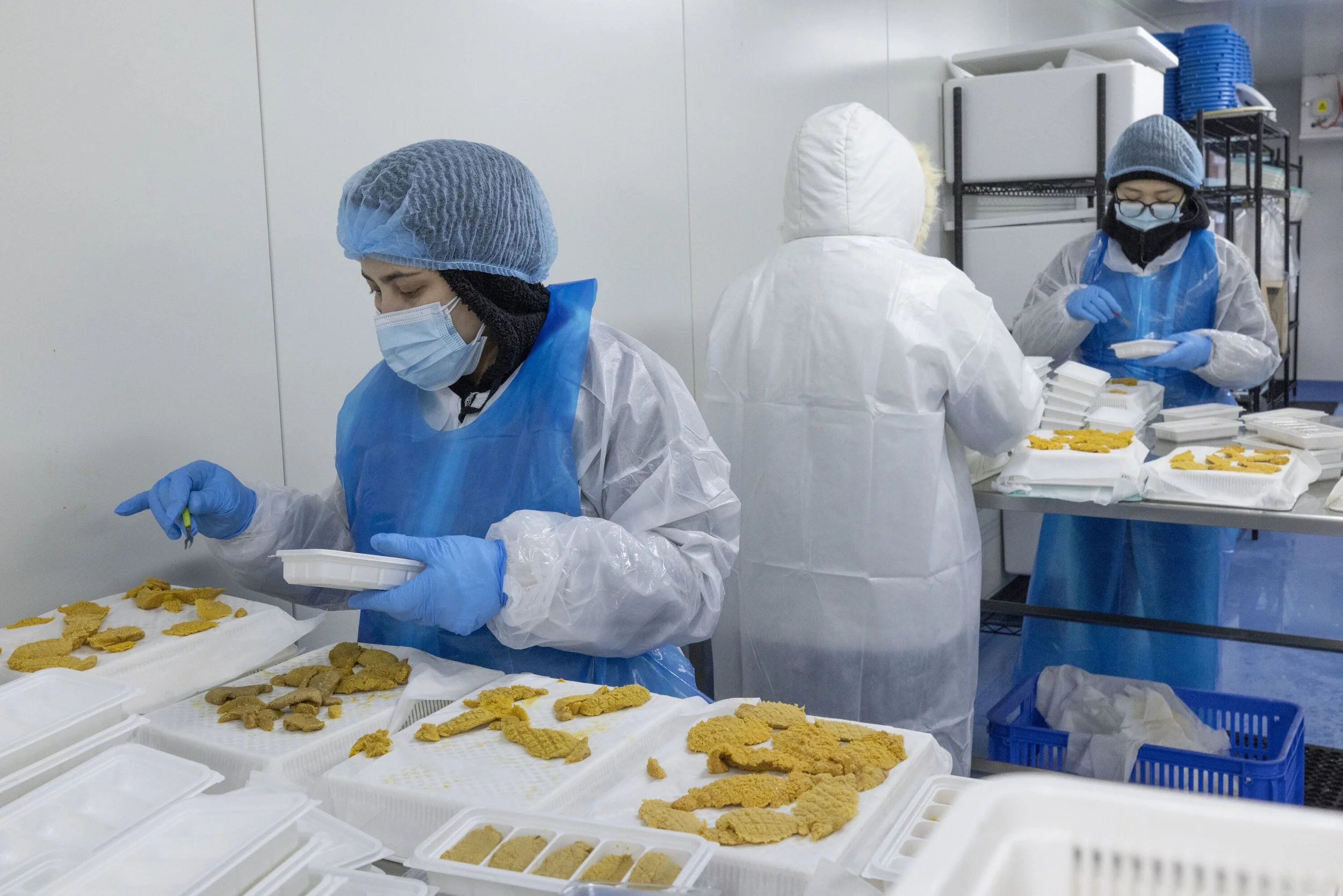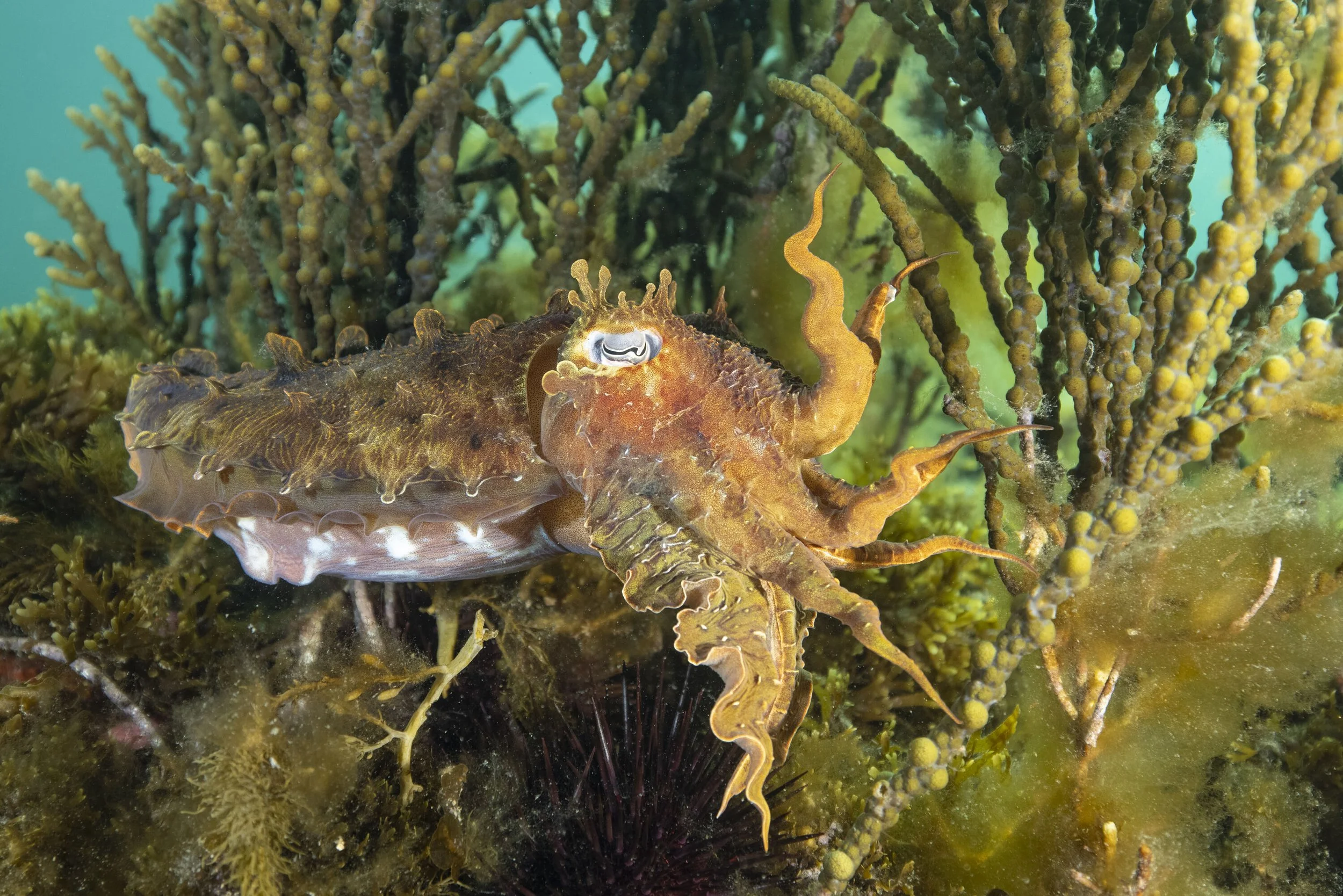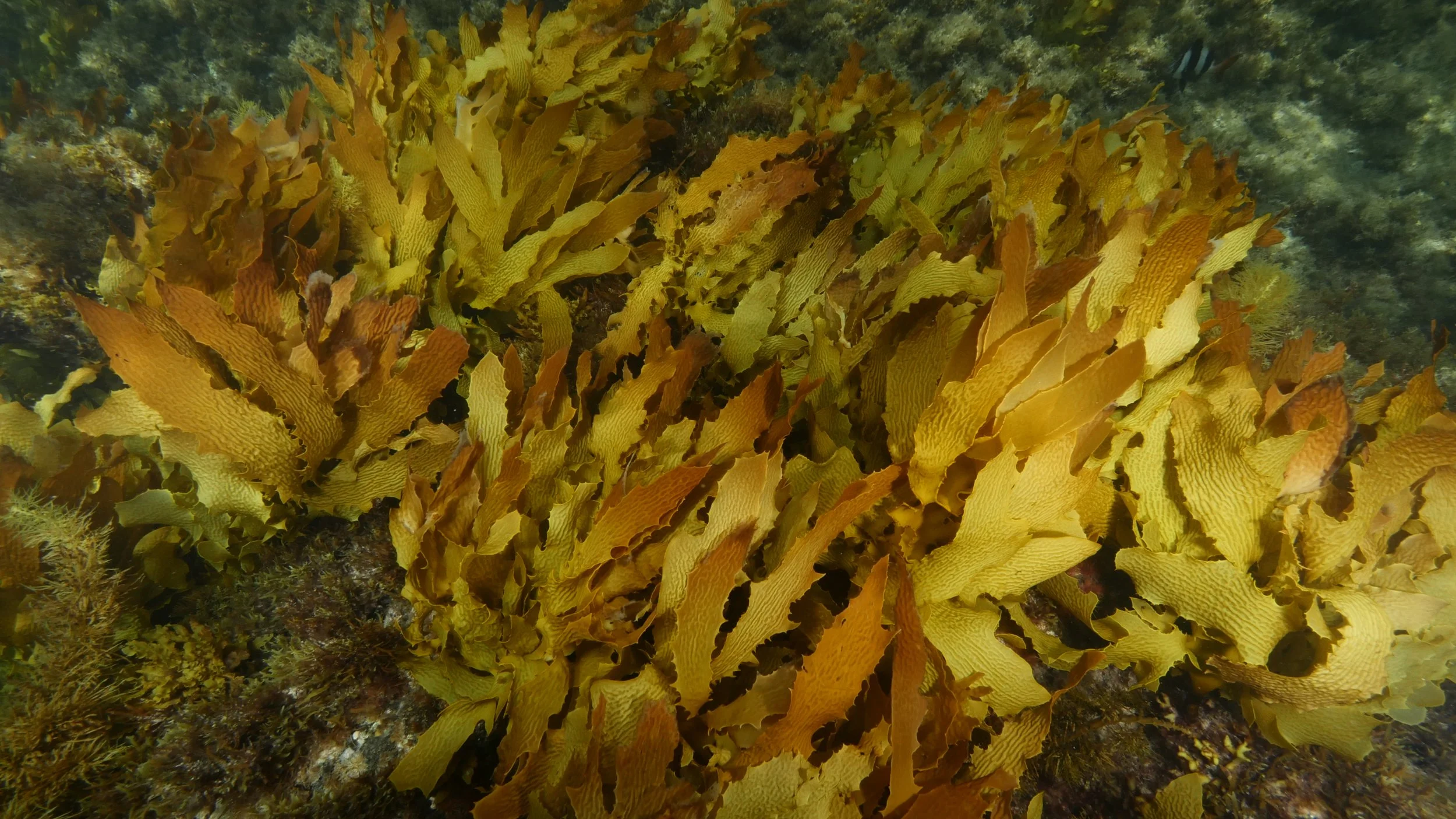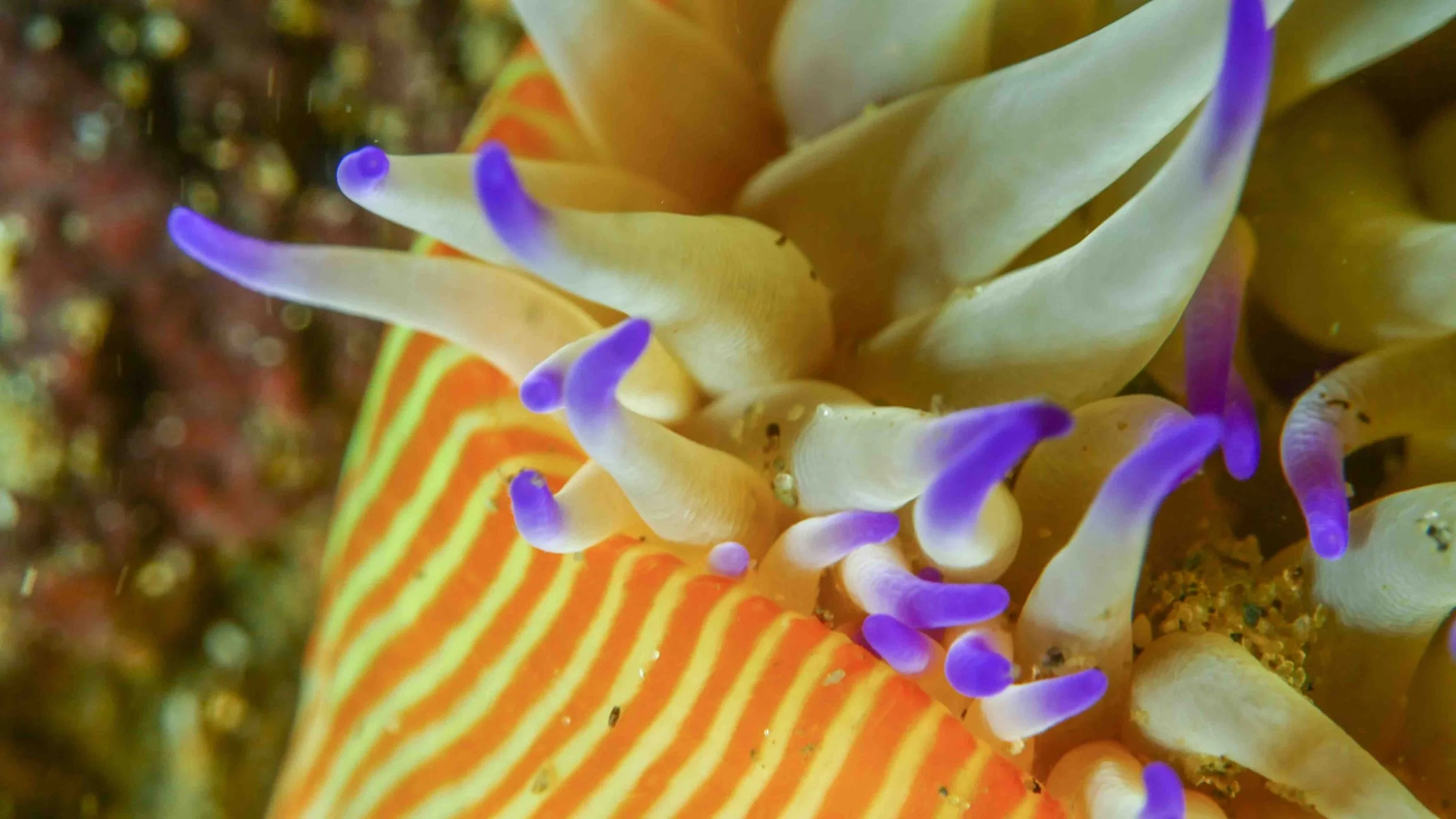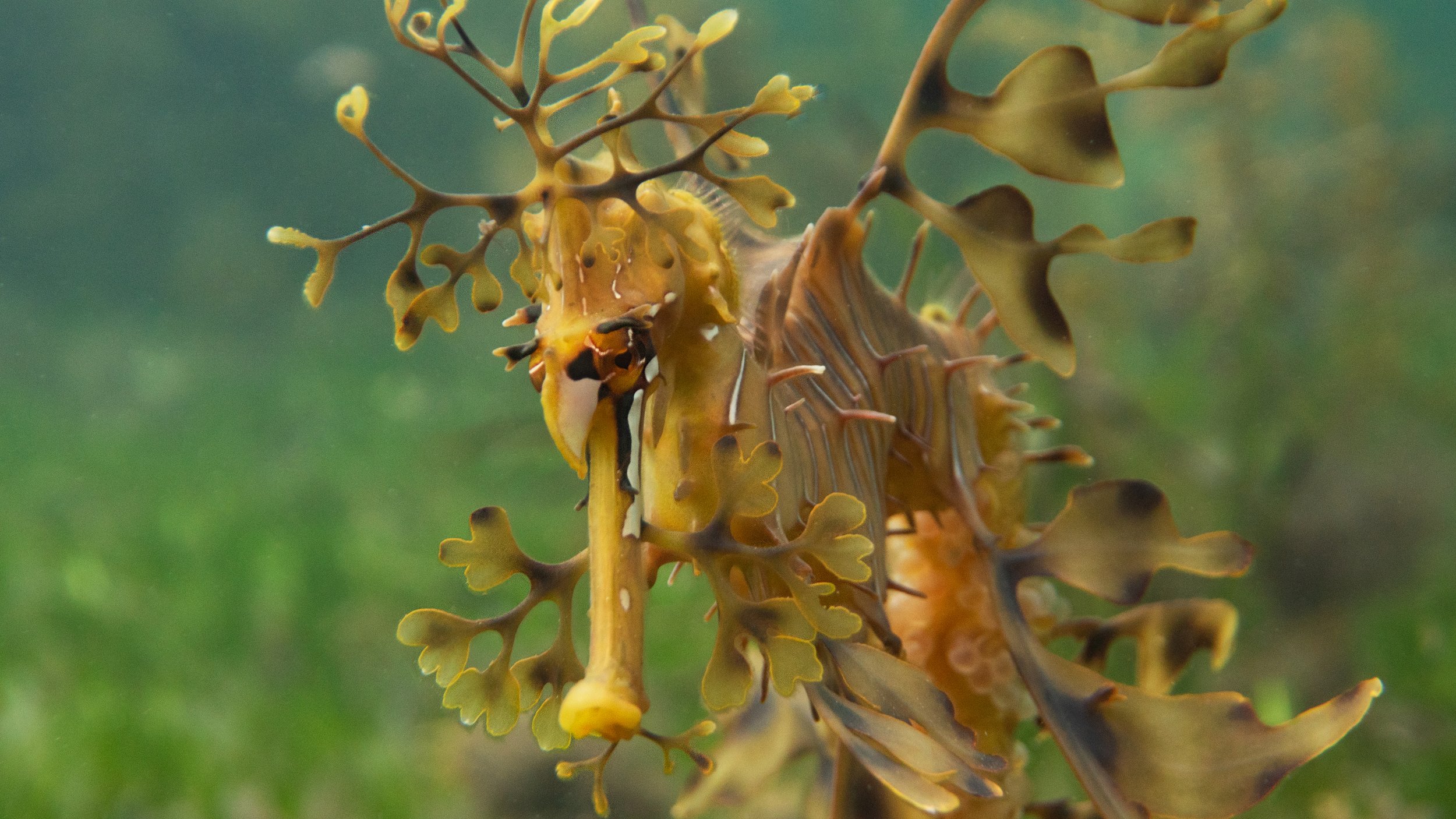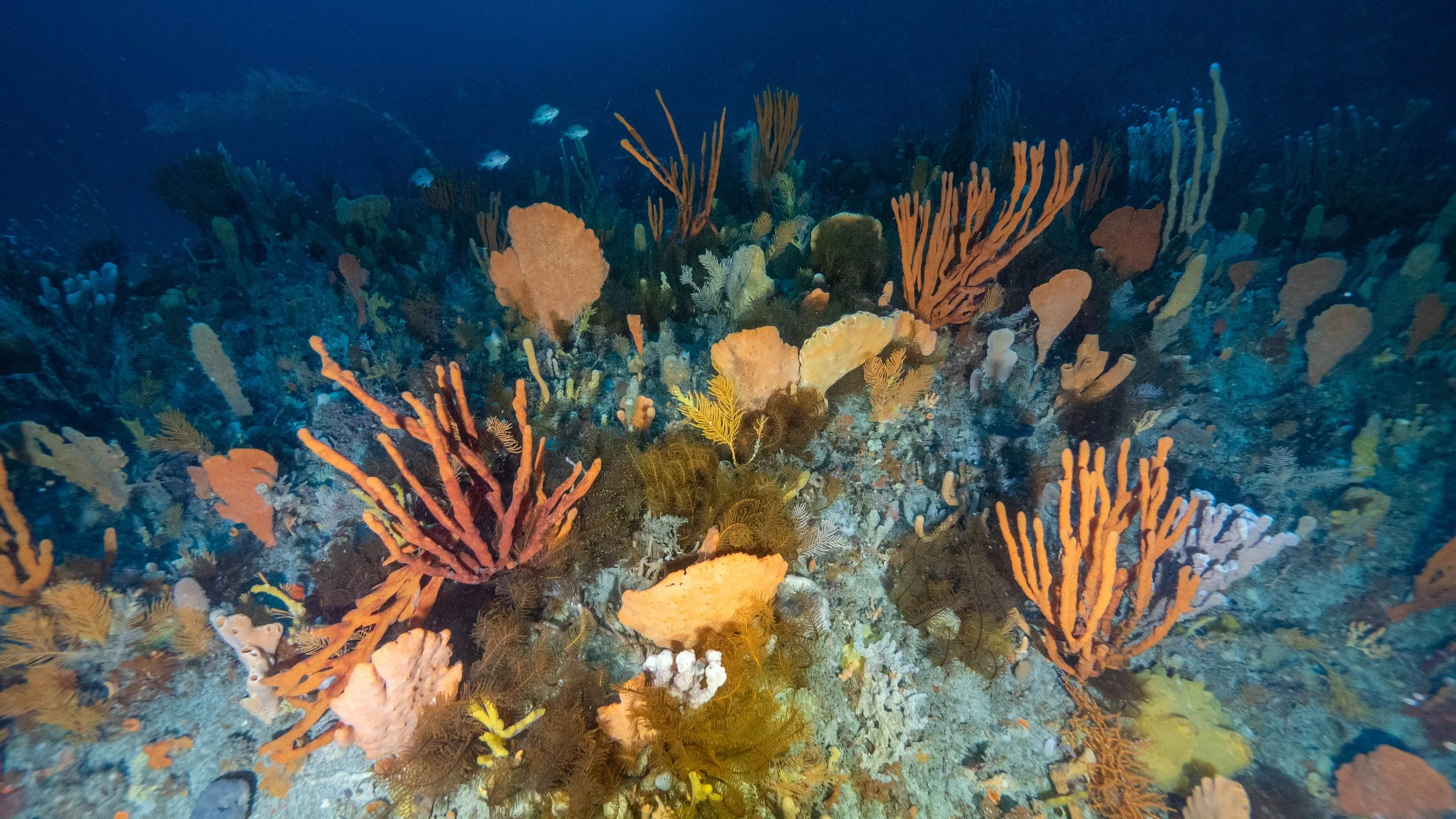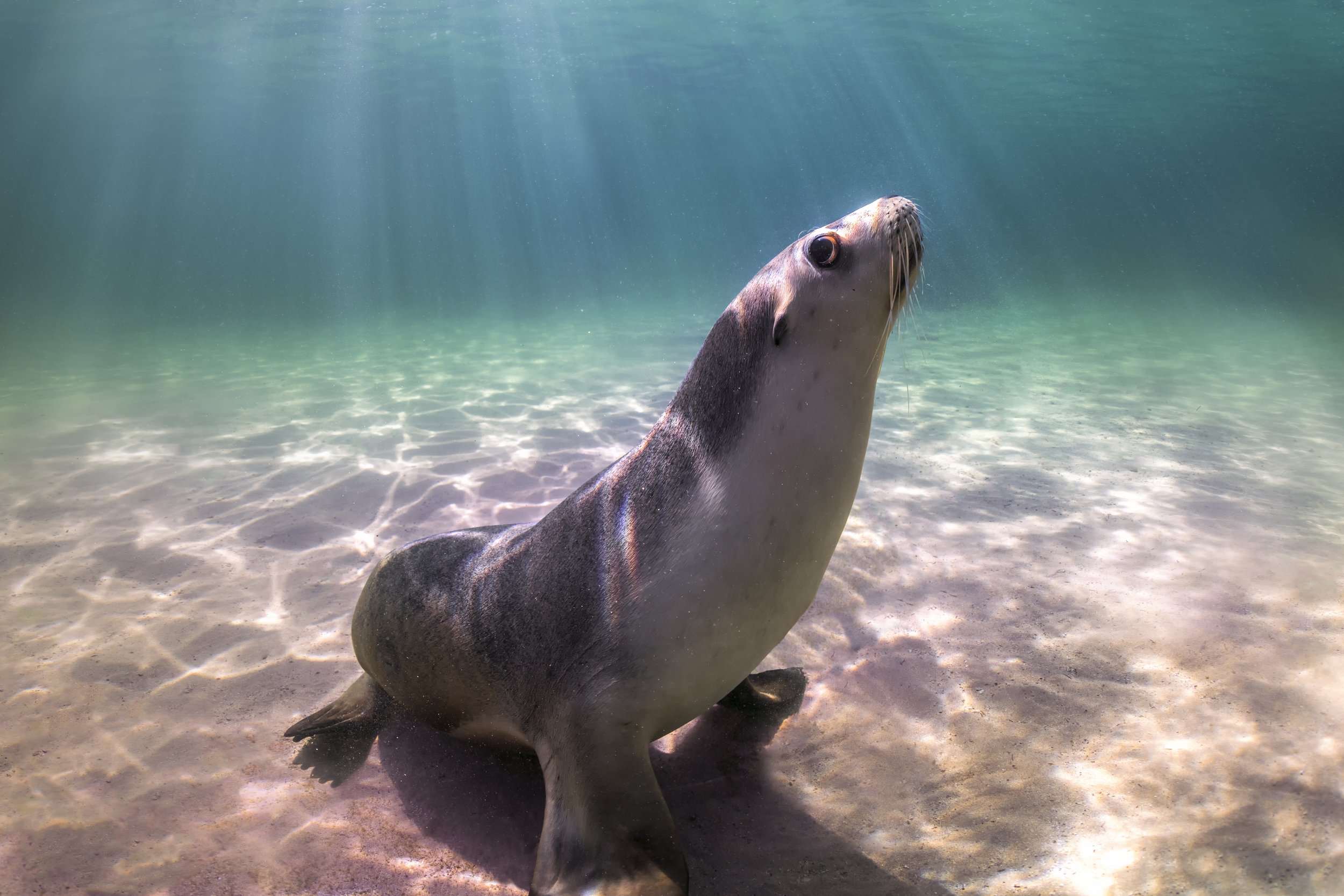
white rock
media kit
press release
2025 – Australia – A new documentary is shining a spotlight on the hidden environmental crisis unfolding in Australian waters—the longspined sea urchins destruction of the Great Southern Reef. White Rock, featuring acclaimed filmmaker and environmental advocate Damon Gameau, connects science, policy, and sustainable seafood to reveal a path forward for Australia’s embattled reefs.
quick links
Need help with something specific? Get in touch info@greatsouthernreef.com
STILL IMAGES
Note that there are no archival permissions on these assets, to be used strictly for communications around the White Rock Film and Impact Campaign.
Always credit the photographer using the following credit line "Photographer Name courtesy Great Southern Reef Foundation”
A mix of healthy kelp forests, urchin barrens, divers, processors & more
more high resolution imagery by category
footage
Please credit “Great Southern Reef Foundation”
gsr delegation to canberra
A delegation of scientists, industry representatives, and policymakers gathered at Parliament House in Canberra to highlight the growing crisis facing the Great Southern Reef. They presented evidence on the devastating impact of the longspined sea urchin (Centrostephanus rodgersii), which is destroying vital kelp forests and threatening marine industries.
The delegation called for urgent federal support, outlining a $55 million action plan developed by a multi-state task force to manage the crisis through ecosystem interventions, commercial harvesting, and policy reforms. Their message was clear: inaction is not an option, and coordinated efforts are needed to protect this critical marine ecosystem.
Speakers (in order of appearance)
Senator Peter Whish-Wilson – Senator for Tasmania, Australian Greens
Opened the presentation, acknowledging the Traditional Custodians of the land.
Highlighted the need for greater recognition and support for the Great Southern Reef (GSR).
Compared ecosystem interventions for the Great Barrier Reef to the lack of funding for managing the longspined sea urchin (Centrostephanus rodgersii).
Dr. Scott Bennett – Marine Ecologist & Senior Lecturer, Institute for Marine and Antarctic Studies (IMAS), University of Tasmania; Co-Founder, Great Southern Reef Foundation
Introduced the GSR and its ecological and economic significance.
Discussed the impact of warming oceans and marine heatwaves on kelp forests.
Provided an overview of the Centrostephanus urchin crisis and its devastating impact on reef ecosystems.
Associate Professor Scott Ling – Marine Ecologist & Research Team Leader, IMAS, University of Tasmania
Explained the expansion of Centrostephanus rodgersii due to climate-driven ocean warming.
Demonstrated the ecological consequences of urchin barrens and the collapse of temperate reef ecosystems.
Highlighted the loss of key species and the urgent need for ecosystem management strategies.
Helen Burville – Executive Officer, Eastern Zone Abalone Industry Association, Victoria
Spoke about the economic impact of urchin barrens on the abalone industry.
Detailed the drastic decline in abalone catch quotas due to habitat destruction.
Emphasised that inaction is not an option and called for urgent management measures.
Dr. Patrick Hone – Managing Director, Fisheries Research and Development Corporation (FRDC)
Outlined the establishment of the Centrostephanus Task Force, uniting New South Wales, Victoria, and Tasmania.
Presented the Task Force’s $55 million business plan for targeted ecosystem interventions, including culling, reef monitoring, value-adding initiatives, and Indigenous engagement.
Stressed the need for national policy coordination and immediate action.
Dr. John Keane – Wild Fisheries Program Leader & Dive Fisheries Team Leader, IMAS, University of Tasmania
Provided a scientific perspective on urchin control methods, including commercial harvesting, predator restoration, and reef rehabilitation.
Emphasised that while humans have caused the problem, they are also part of the solution.
Advocated for scaling up proven interventions to restore kelp forests and support fisheries.
Ryan Morris – Director & Owner, South Coast Sea Urchins, Merimbula, New South Wales
Discussed the challenges and potential of the commercial urchin industry.
Highlighted the need for expanded export markets and value-added processing for sea urchin products.
Shared how his company employs Indigenous workers and contributes to local economies.
Julian Amos – CEO, Tasmanian Abalone Council, Tasmania
Summarised the delegation’s key messages and called for federal funding to implement the business plan.
Reiterated the urgency of addressing the Centrostephanus crisis to prevent further ecological and economic collapse.
Invited questions from attendees, emphasising the importance of bipartisan support.
Senator Peter Whish-Wilson (Closing Remarks)
Explained the Senate inquiry process and the expected timeline for government responses.
Stressed that the Centrostephanus crisis is a rare bipartisan issue with universal agreement on the need for action.
Encouraged continued advocacy and collaboration to ensure federal government prioritisation of the issue.




